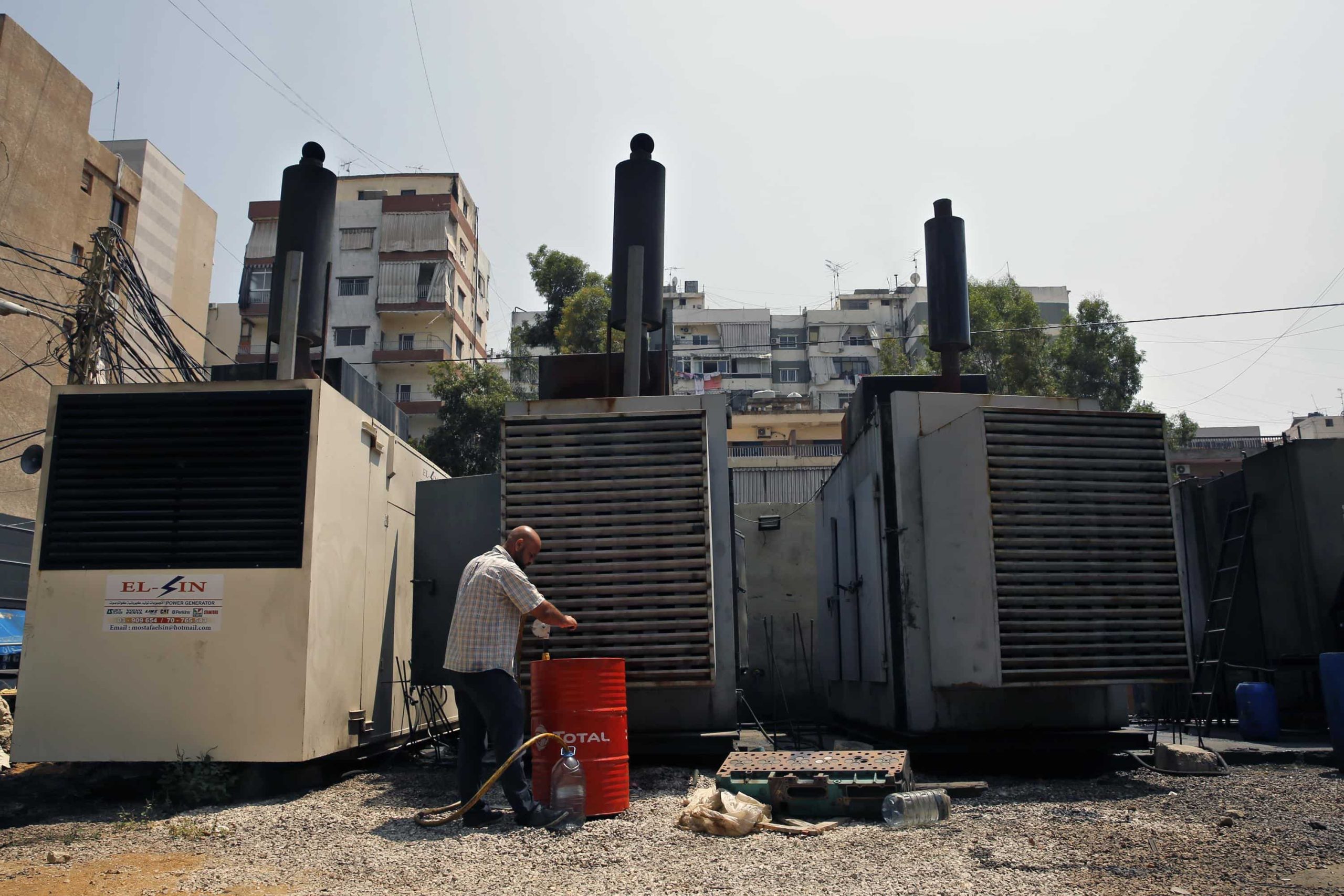Impact of Air Pollution in Beirut
Owing to the massive pollution, Beirut residents frequently face thick clouds of smog hanging over the skyline. The economic collapse of 2019 has led to most cities in Lebanon relying on over 8,000 diesel generators, contributing to the worsening air quality.
Study Findings
An ‘alarming’ study conducted by scientists at the American University of Beirut (AUB) has revealed a concerning link between the increasing air pollution in cities and the rising cancer rates among the population. The risk of developing cancer in Beirut has doubled in the past five years, with pollution levels exceeding recommended limits.
Pollution Levels in Beirut
- Data collected by AUB researchers shows that pollution levels in Beirut have doubled since 2017, with PM2.5 levels far exceeding World Health Organization guidelines.
- The PM2.5 level in Beirut averages around 60 micrograms per cubic meter, four times higher than the recommended limit for healthy breathing.
Impact on Cancer Rates
Researchers have highlighted a clear correlation between the increasing pollution and the surge in cancer rates. Carcinogenic materials emitted from diesel generators, classified as category 1A carcinogens, contribute significantly to the elevated cancer risk in the city.
Challenges Faced by Cancer Patients
Financial constraints add to the burden faced by cancer patients in Beirut. The high cost of medication, around $6,000 per month, is unaffordable for many in a society where the average income is much lower.
- Cancer rates have been rising by 30% annually since 2020, affecting patients at a younger age and with more aggressive forms of cancer.
- Hani Nassar, who heads a cancer support organization, highlights the struggle of patients who cannot afford treatment, often choosing to forgo medical care to preserve their family’s financial stability.
Government and Policy Issues
A 2023 Human Rights Watch report criticized the Lebanese government for failing to implement reforms in the electricity sector, leading to increased reliance on oil. The report also pointed out the influence of diesel importers on national policies, exacerbating the pollution crisis.
















































